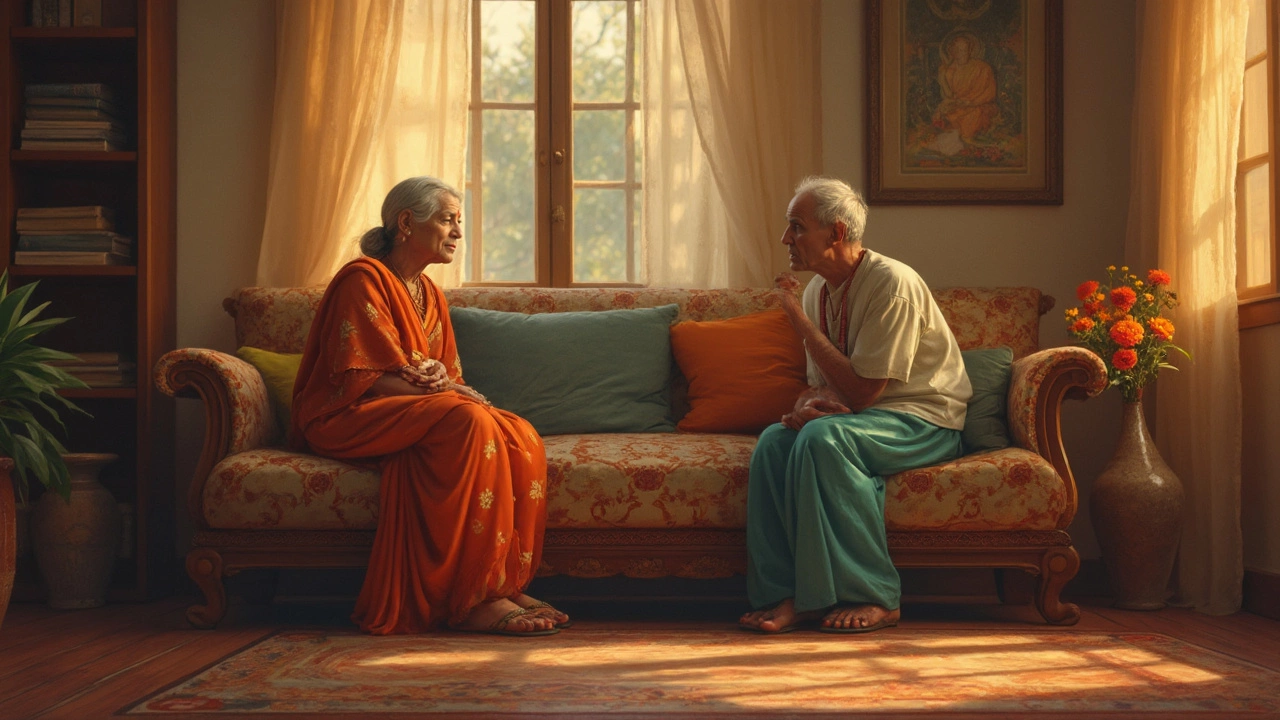Elder Divorce Challenges: Practical Tips for Seniors
Divorce isn’t just a young‑people issue. When you’re over 60, the process can feel like climbing a steep hill with extra weight on your back. From medical expenses to pension splits, the stakes are higher and the rules can be confusing. This guide breaks down the biggest hurdles you’ll meet and shows how to handle them without losing sleep.
Legal Roadblocks That Surprise Seniors
First off, the law treats you the same as any other adult, but the courts pay extra attention to age‑related factors. Judges often ask whether you’re capable of handling the case on your own, especially if health issues are involved. You might need a medical certificate or a guardian‑ad litem to represent your interests.
Another tricky area is the one‑year separation rule that still applies in many Indian cases. While the rule can be waived in mutual consent divorces, getting the waiver signed when one spouse is frail or hospitalized can take longer than expected. Keep copies of all medical reports and consent forms ready to speed up the process.
Financial Issues That Matter Most
Pension, savings, and property are the three pillars seniors worry about. Unlike younger couples, you likely have a fixed income and may rely on a government pension. In a divorce, the pension can be split, but the calculation is complex. It helps to consult a family law specialist who knows the latest 2025 guidelines on pension division.
Real estate is another hot spot. If the house was bought before marriage, it’s usually considered separate, but if you co‑owned it, the court will look at contributions, age, and health to decide who keeps the roof over their head. Having clear documents—sale deeds, loan statements, and renovation receipts—can protect your claim.
Don’t forget medical expenses. As you age, health costs rise, and a divorce can cut off shared insurance. Ask the court to include a provision for continuing health coverage or a monthly stipend for medical care. This is especially important if one spouse has a chronic condition.
Emotional stress is real, but it’s also a legal factor. Courts may order counseling or a cooling‑off period if they sense the decision is driven by temporary anger. Engaging a mediator early can keep the process friendly and reduce the waiting time.
Finally, consider the impact on your children, even if they’re grown‑up. Adult children often help with finances or caregiving, and a messy divorce can strain those relationships. A clear, written agreement on who handles what—whether it’s paying for a parent’s assisted living or managing shared assets—keeps everyone on the same page.
Divorce after 60 isn’t easy, but with the right paperwork, a good lawyer, and a realistic plan for money and health, you can protect your future. Start by gathering all financial records, get a health clearance, and talk to a family law expert who understands the latest Indian divorce rules. You deserve a fair settlement and peace of mind, no matter your age.

Understanding Grey Divorce in India
Grey divorce refers to the trend of increasing divorce rates among older adults, particularly those aged 50 and above. In India, this phenomenon is becoming more common as social norms shift and older individuals seek personal fulfillment over traditional expectations. This article explores the reasons behind grey divorce, legal considerations, societal impacts, and provides tips for navigating this life transition. Readers will gain insights into the unique challenges faced by individuals going through a grey divorce and how to manage them effectively.